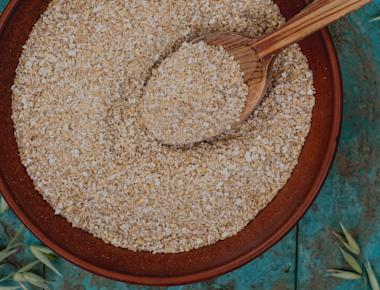

Table Of Contents
What is Gestational Diabetes?
Gestational diabetes (GDM) is diagnosed for the first time during pregnancy and is accompanied by carbohydrate intolerance and impaired insulin metabolism.
GDM harms the health of the mother and offspring as it can cause chronic metabolic diseases, dystocia (difficult labor), neonatal diseases, inflammation, and diabetes in newborns.
Does the combination of Vitamin D and Omega-3 Fatty Acids help women with GDM improve their blood glucose levels?
Studies have shown that pregnant women with GDM have lower levels of vitamin D and omega-3 fatty acids than healthy pregnant women. Studies have found that taking vitamin D at a dose of 50,000 IU every three weeks for six weeks can improve blood glucose, total cholesterol, and low-density-lipoprotein cholesterol levels in women with GDM. However, it is unclear if taking these supplements alone can improve metabolism and treat insulin resistance.
This study investigated the impact of combined supplementation of vitamin D and omega-3 fatty acids on glucose and blood lipid metabolism in women with GDM.
The Study on the Combined Supplementation of Vitamin D and Omega-3 Fatty Acids for Gestational Diabetes
150 patients diagnosed with GDM for the first time participated in this study. The subjects were assigned into test and control groups. 80 patients in the test group took 40,000 International Units of vitamin D and 8,000 milligrams of omega-3 fatty acids twice a day. The control group had a placebo. After six weeks, the differences in insulin metabolism markers and blood lipid profiles between groups were analyzed.
The Results
When compared to the control group, the test group’s fasting blood glucose, fasting insulin, triglycerides, total cholesterol, low-density-lipoprotein cholesterol, very-low-density lipoprotein levels, and the homeostasis model assessment of insulin resistance were significantly decreased, while homeostasis model assessment of beta cell markedly improved.








The Conclusion
Combined supplementation of vitamin D and omega-3 fatty acids for six weeks had effectively improved the glucose, insulin resistance, and lipid levels of women with GDM.
Reference
Health Enthusiast
Expertise
Subscribe to our newsletter!
Quick Links
Legal Stuff








